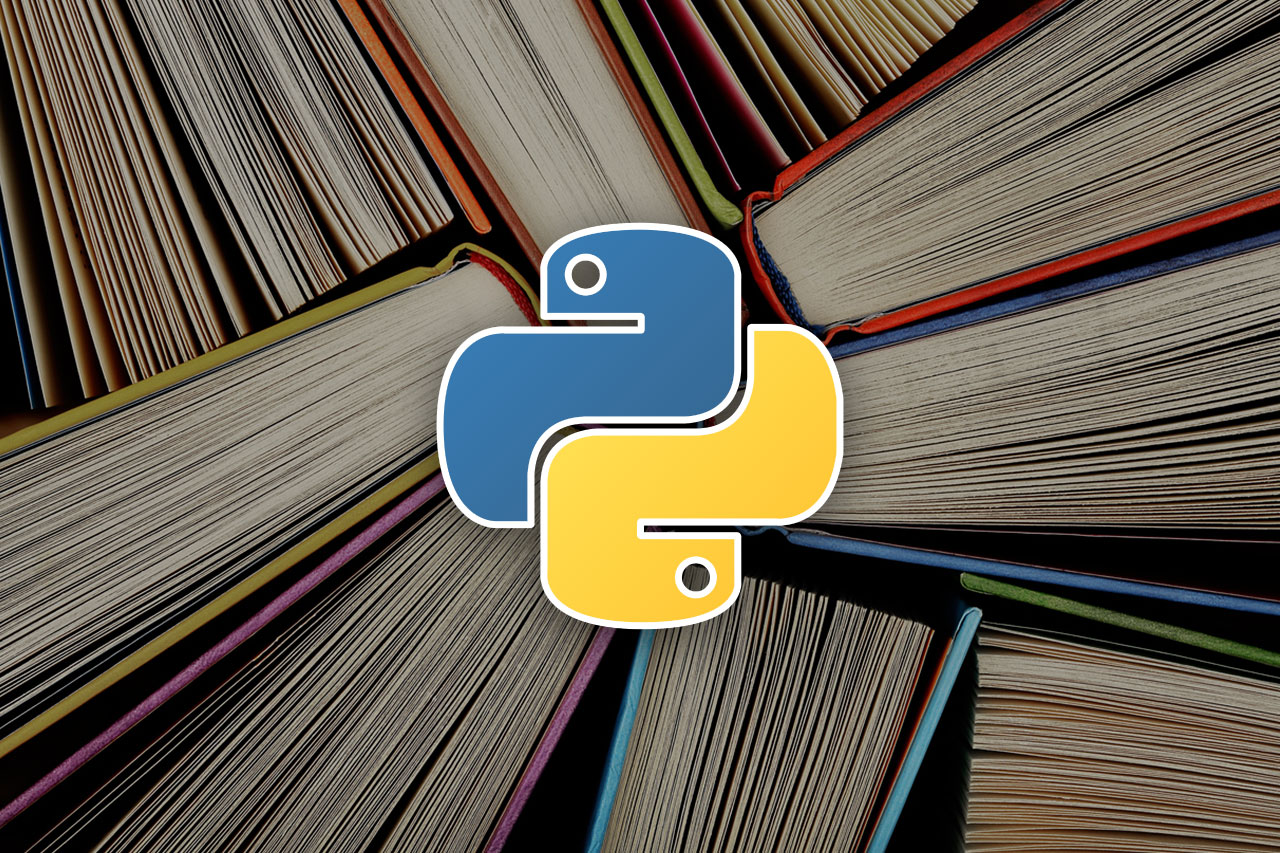Python has seen a huge growth in popularity. According to Stack Overflow’s 2018 Developer Survey, this past year alone, Python has risen in the ranks as one of the most commonly used programming languages, surpassing C# this year. We’ve listed the top five Python programming books if you’re considering learning this language. Here are other good reasons to get stuck into some Python programming books:
- The average salary for a Python developer in the US in 2018 is $92 000, according to Glassdoor. Not bad!
- The language is widely used in Data Science, because of its powerful statistical and numerical packages for data analysis (such as PyBrain, NumPy and MySQL).
- For those unfamiliar with programming languages, it’s a perfect first language to learn: you can study all the main libraries in a number of weeks. One reason for this is that it reads similarly to English, which means it removes a lot of syntax-learning stress from coding beginners. Python handles the complexity for you.
So which of the top five Python programming books should you be checking out?
1. For the beginner who wants a project:
Learn Python in One Day and Learn It Well. Python for Beginners with Hands-on Project. (Learn Coding Fast with Hands-On Project Book 1) by Jamie Chan. This will allow you to get up and running with the basic concepts very quickly. It’s only 174 pages long and reviews say that it’s ‘fun to read’. The book covers the following: what is Python, setting up your computer for Python, Variables and Operators, Data Types, Making your Program Interactive, Making Choices and Decisions, Functions and Modules, Working with Files, and Object Oriented Programming.
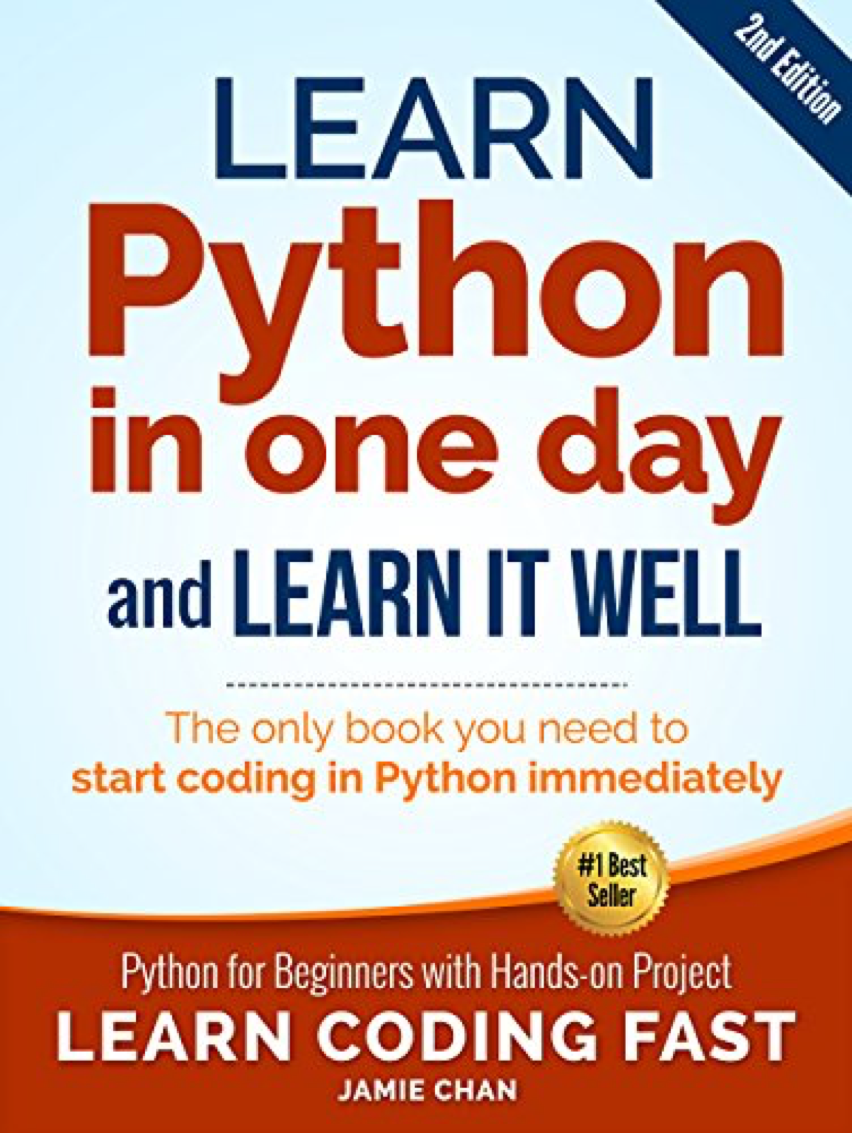
2. For the programmer interested in Data Science:
Machine Learning with Python Cookbook: Practical Solutions from Preprocessing to Deep Learning by Chris Albon. The book includes about 200 self-contained solutions for the most common tasks undertaken by a data scientist or machine learning engineer. You can simply copy and paste code. It’s basically a reference guide for people building real machine learning systems. The book is aimed at the machine learning practitioner; it’s not a basic book.
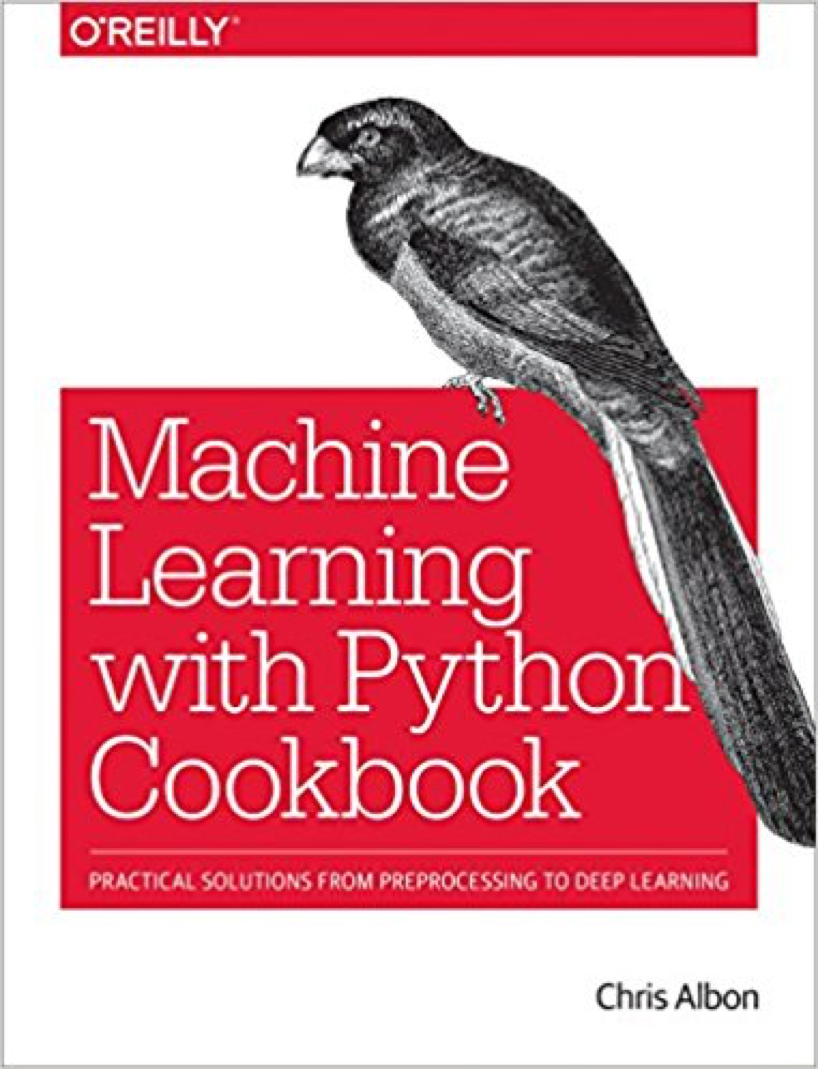
3. For the programmer who wants to automate the boring stuff:
Check out Automate the Boring Stuff with Python: Practical Programming for Total Beginners by Al Sweigart. If you’ve ever spent hours updating multiple spreadsheet cells or renaming files, you’ve got an idea how tedious this can become. This book will teach you how to use Python to write programs that can accomplish tasks in minutes that would take you hours (or days) to do by hand. Also, you don’t need any prior programming experience. Some things you could learn include:
– Search for text in a file or across multiple files
– Create, update, move, and rename files and folders
– Search the Web and download online content
– Update and format data in Excel spreadsheets of any size
– Send reminder emails and text notifications

4. For the programmer who needs a quick reference guide:
Read Python Pocket Reference: Python in Your Pocket, 5th Edition by Mark Lutz. This is the perfect on-the-job reference that can be stuffed in a back pocket. It’s concise with good need-to-know information on Python types and statements, special method names, built-in function and exceptions, commonly used standard library modules, and other prominent Python tools. The book includes tips and techniques to make your Python code work faster.
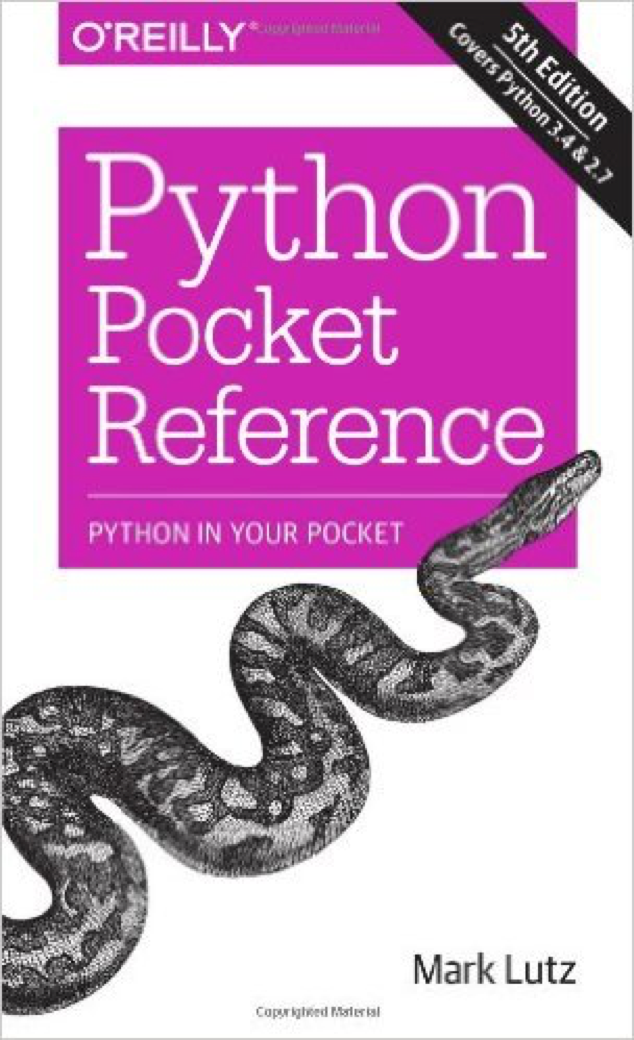
5. For the beginner who is also keen to know some theory:
Check out Python Programming: An Introduction to Computer Science by John Zelle. This book is at the level of a first-year course in university. It takes a traditional approach to computer science covering problem solving, design, and programming, but uses Python to illustrate these ideas. If you’re keen to understand programming concepts, this book is worth a read.
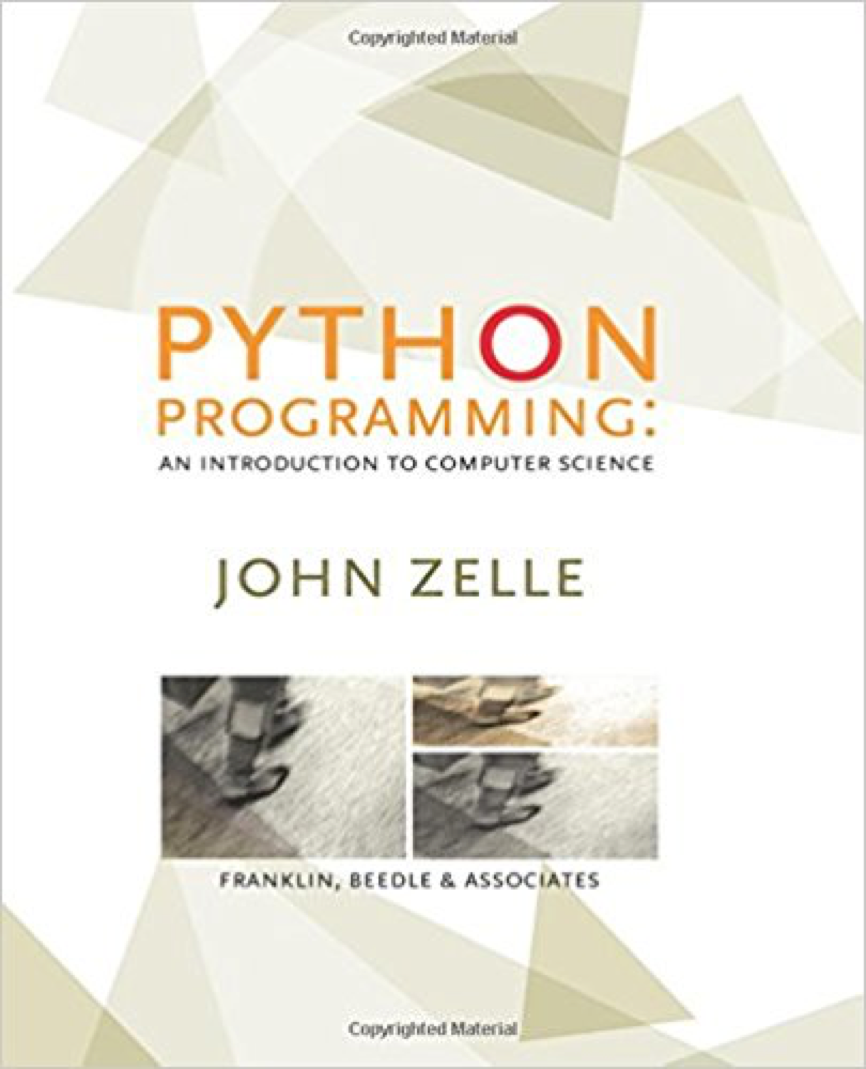
Here we’ve covered the top five Python programming books. Of course, books are a great way to learn new things, especially programming languages. However, a lot of people find that a book is a good resource but doesn’t much help when one gets stuck. If that’s the case with you, think about enrolling on HyperionDev’s six month online Software Engineering Bootcamp, which includes Python as part of its back-end programming. All courses are mentor-led and include a free trial.

